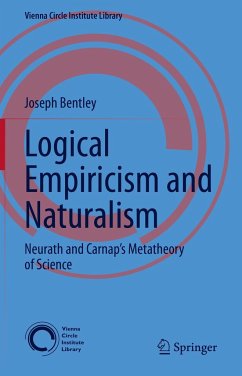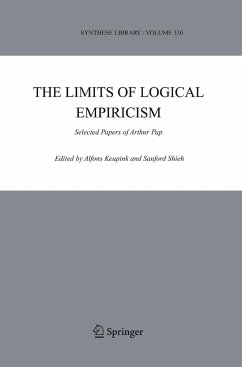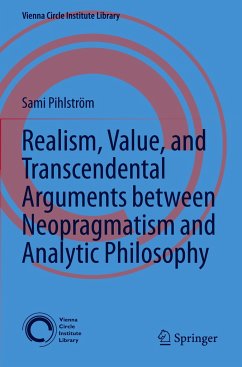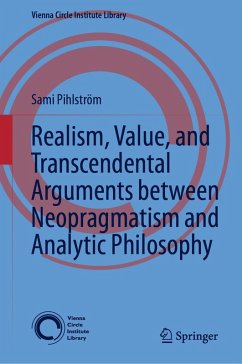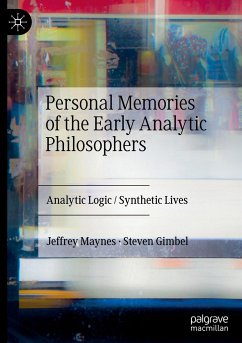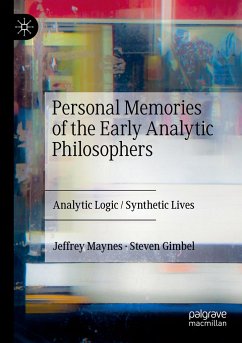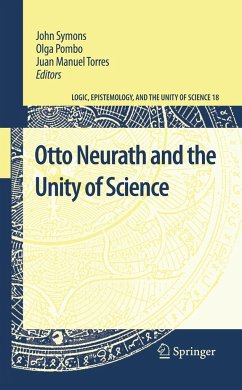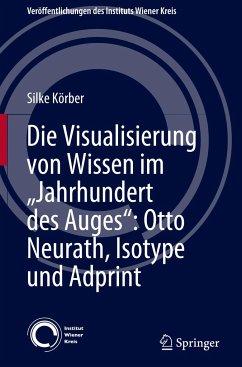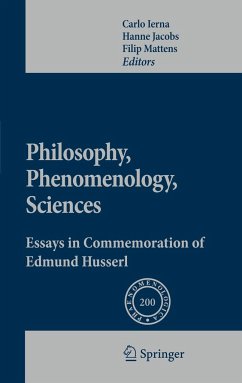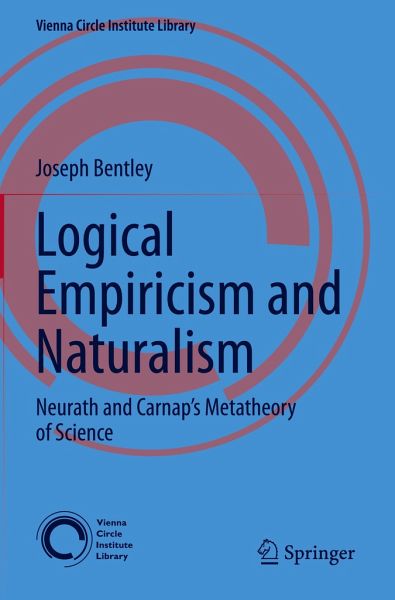
Logical Empiricism and Naturalism
Neurath and Carnap's Metatheory of Science
Versandkostenfrei!
Versandfertig in 6-10 Tagen
91,99 €
inkl. MwSt.
Weitere Ausgaben:

PAYBACK Punkte
46 °P sammeln!
This text provides an extensive exploration of the relationship between the thought of Otto Neurath and Rudolf Carnap, providing a new argument for the complementarity of their mature philosophies as part of a collaborative metatheory of science. In arguing that both Neurath and Carnap must be interpreted as proponents of epistemological naturalism, and that their naturalisms rest on shared philosophical ground, it is also demonstrated that the boundaries and possibilities for epistemological naturalism are not as restrictive as Quinean orthodoxy has previously suggested. Both building on and ...
This text provides an extensive exploration of the relationship between the thought of Otto Neurath and Rudolf Carnap, providing a new argument for the complementarity of their mature philosophies as part of a collaborative metatheory of science. In arguing that both Neurath and Carnap must be interpreted as proponents of epistemological naturalism, and that their naturalisms rest on shared philosophical ground, it is also demonstrated that the boundaries and possibilities for epistemological naturalism are not as restrictive as Quinean orthodoxy has previously suggested. Both building on and challenging the scholarship of the past four decades, this naturalist reading of Carnap also provides a new interpretation of Carnap's conception of analyticity, allowing for a refutation of the Quinean argument for the incompatibility of naturalism and the analytic/synthetic distinction. In doing so, the relevance and potential importance of their scientific meta-theory for contemporaryquestions in the philosophy of science is demonstrated.
This text appeals to students and researchers working on Logical Empiricism, Quine, the history of analytic philosophy and the history of philosophy of science, as well as proponents of naturalized epistemology.
This text appeals to students and researchers working on Logical Empiricism, Quine, the history of analytic philosophy and the history of philosophy of science, as well as proponents of naturalized epistemology.



